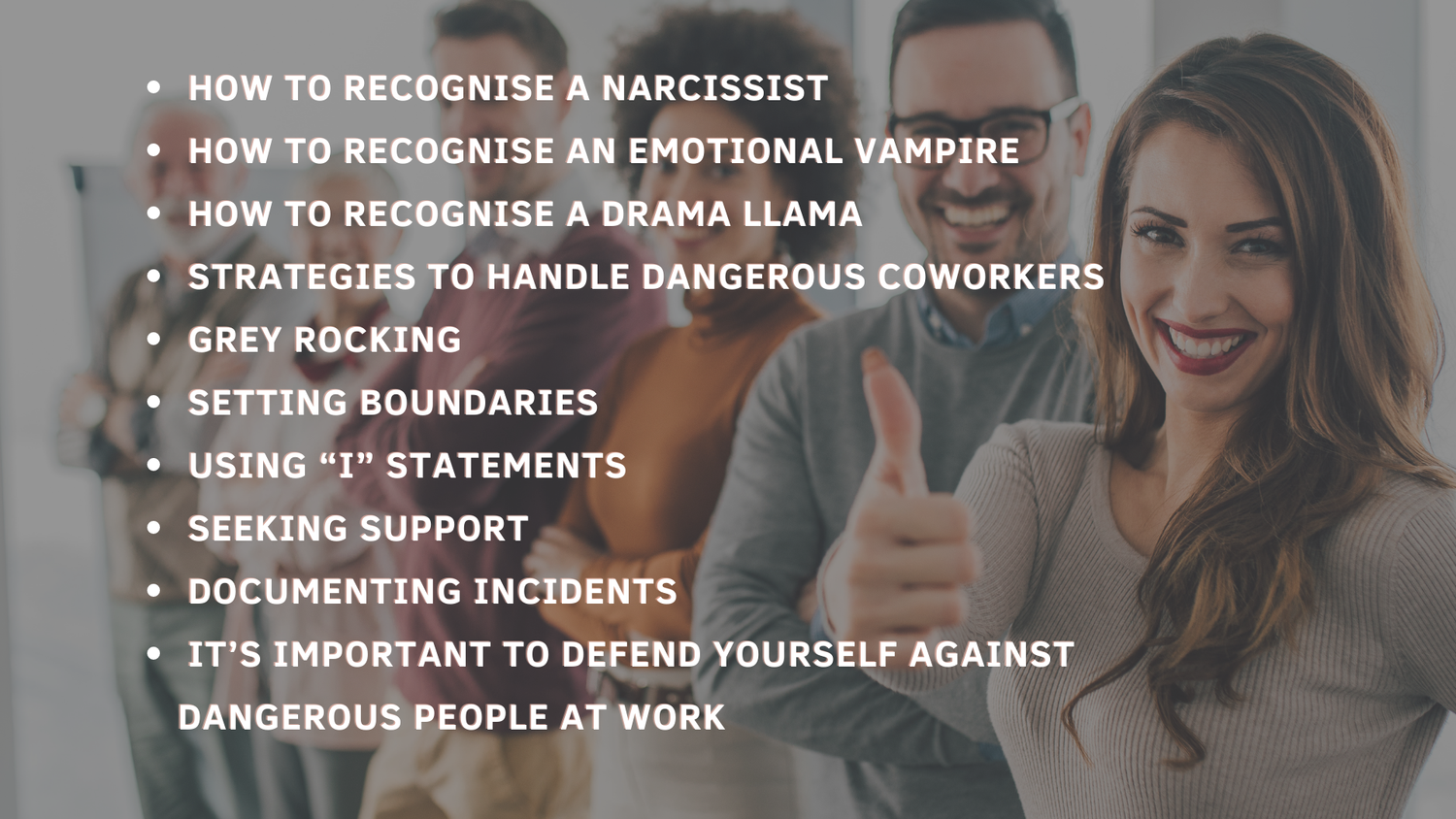How To Deal With Sabotaging Coworkers

Imagine walking into your office, the scent of fresh coffee barely masking the tension hanging in the air. Your latest project, the one you poured your heart and soul into, lies in tatters – not from genuine flaws, but from a series of calculated maneuvers designed to undermine your efforts. This isn’t a movie plot; it's the reality for many who find themselves targeted by sabotaging coworkers.
Navigating workplace sabotage requires a blend of self-awareness, strategic action, and emotional resilience. This article will provide insights into recognizing and effectively addressing undermining behaviors, empowering you to protect your career and well-being.
Understanding Workplace Sabotage
Workplace sabotage manifests in various forms, from spreading rumors and taking credit for your work to withholding crucial information or actively undermining your projects. According to a study by the Society for Human Resource Management (SHRM), approximately 36% of employees have experienced some form of workplace bullying or sabotage. This alarming statistic highlights the prevalence of these destructive behaviors.
Motivations behind sabotage often stem from insecurity, envy, or a desire for advancement at any cost. Recognizing these underlying drivers can help you approach the situation with a degree of empathy, although it never justifies the actions.
Identifying the Signs
Subtle yet damaging actions often characterize sabotage. Are your ideas consistently dismissed in meetings? Do you find yourself excluded from important communications or projects? Have you noticed a sudden increase in gossip or negative rumors surrounding you?
These can all be red flags. Documenting these incidents with dates, times, and specific details is crucial. This documentation can be invaluable if you need to escalate the issue to HR or a supervisor.
Strategies for Addressing Sabotage
Once you've identified the issue, a proactive approach is essential. Your first step should be to document everything.
Keep a detailed record of the sabotaging behaviors, including dates, times, specific examples, and any witnesses. This documentation can be crucial if you need to escalate the issue to HR or your supervisor.
Direct, professional communication is often effective, if appropriate. Choose a private setting and calmly address the coworker's behavior, focusing on its impact on your work and the team's overall goals.
Use "I" statements to express your feelings and avoid accusatory language. For example, instead of saying "You're trying to ruin my project," try "I feel undermined when my suggestions are dismissed without consideration."
Building strong relationships with other colleagues is another vital defense. A solid support network can provide emotional support, offer alternative perspectives, and even serve as witnesses to the sabotaging behavior. Cultivate alliances with those who value collaboration and mutual respect.
When to Involve HR
If direct communication fails to resolve the issue, or if the sabotaging behavior is severe or persistent, involving Human Resources is necessary. Present your documented evidence and clearly articulate the impact of the coworker's actions.
HR is responsible for maintaining a fair and respectful workplace and can investigate the situation and take appropriate disciplinary action. Remember that you have the right to a safe and healthy work environment.
Protecting Your Well-being
Dealing with a sabotaging coworker can be emotionally draining. Prioritizing your mental and physical well-being is paramount. Make sure to set healthy boundaries, practice self-care, and seek support from trusted friends, family, or a therapist if needed.
Don't internalize the negativity. Remind yourself of your strengths and accomplishments. Focus on your work, your goals, and your own growth.
Remember, the actions of others are a reflection of them, not you.
Ultimately, dealing with a sabotaging coworker is about preserving your professional integrity and mental health. By recognizing the signs, taking proactive steps, and prioritizing your well-being, you can navigate this challenging situation with grace and resilience.
It is a journey, not a destination. And remember, your career is a marathon, not a sprint.


















